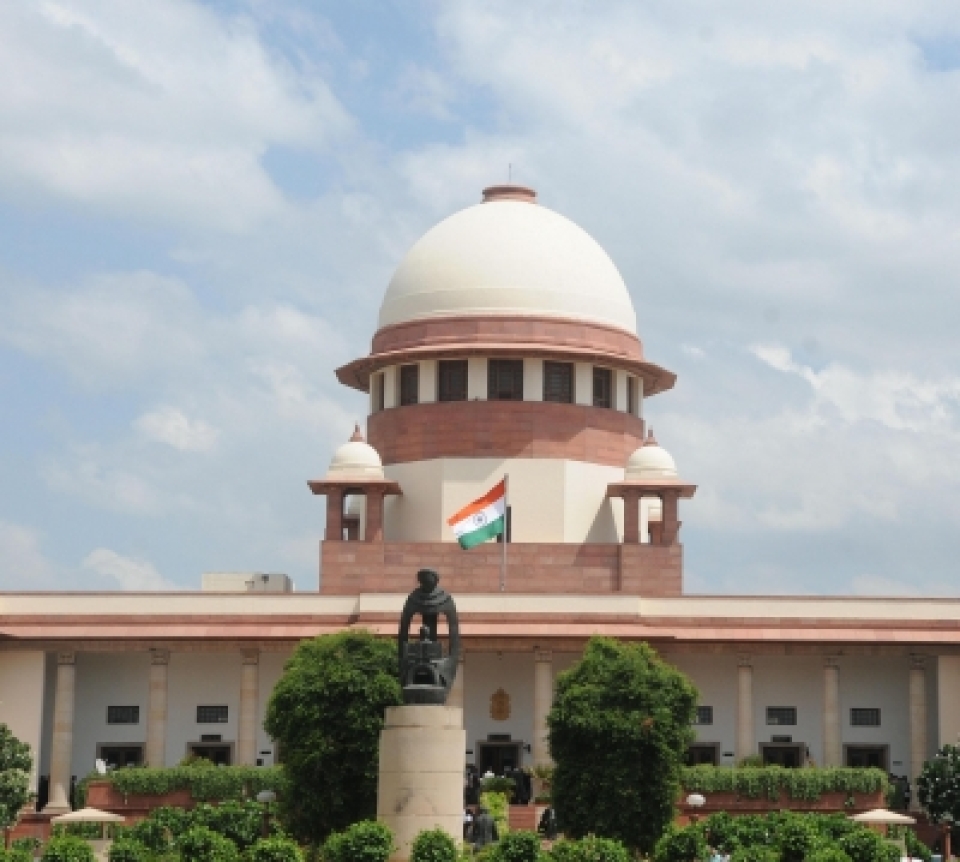The Supreme Court dismissed a petition outright September 20 filed by a class XII student seeking direction to the Centre and states to physically reopen schools in a time-bound programme and conduct offline teaching. The refusal to entertain the plea has certainly absolved the judiciary of appropriating a task reserved for the executive, but it hardly offers any remedy to a serious socio-economic problem caused by the COVID-19 pandemic. A Bench headed by Justice DY Chandrachud said it can’t direct states to reopen schools for physical teaching. It has pertinently observed the apex court can’t take over governance and left it to the governments to take a call on the burning issue.
The apex court’s ruling cannot be faulted as it lacks the scientific data or knowledge of the magnitude of the pandemic afflicting the country as a whole and states individually. The Court has logically presented its difficulty to consider the plea as it is in the dark about where the COVID-19 spike is happening or in which district the incidence is high. Justice Chandrachud did admit the need for children going back to school. At the same time, without elaborating, the court pointed out the experience in some countries which reopened schools and the consequences of which were not pleasant.
However, it is also undeniable that because of the prolonged closure of schools, both mental and physical health of school-going children are getting seriously affected. More so for millions of poor children who depended for at least one square meal a day on mid-day meals for which physical attendance in schools is required. The indecision and hesitancy on the part of the Centre and several state governments and Union Territories in the matter of reopening of schools and resumption of physical classes with adequate safeguards are being perceived by many as an abdication of responsibilities. On the other hand, the ground realities are complex. No government, Central or state, should take a decision to open schools without 100 per cent vaccination of students, faculty and other staff. The rollout of vaccination for school-going children needs to be worked out and put in place. There is yet no timeline on this from the government.
Those who advance the argument that schools should reopen also plead that to begin with a hybrid mode of schooling in the states which have decided to reopen educational institutions with the option of online and offline education should be tried. This would enable students whose parents don’t want to expose them to any risks not to attend school physically.
The pandemic has played havoc with children’s education in every aspect. Schools have been shut due to the lockdown from March 25, 2020 and formal education has stopped. Since then, schools have either never opened for some age groups, or opened intermittently. According to a UNICEF report, in India school closures impacted 247 million children in elementary and secondary education and 28 million children in pre-schools and Anganwadi centres.
The Supreme Court in a case (Avinash Mehrotra v. Union of India) held that the right to education includes the right to education in a safe environment. The State cannot renege on its commitment to education. It is legally obligated to find ways to deliver education safely ensuring the health of children. However, such rules may apply under normal circumstances but these are abnormal times. Most private schools, accessible mostly to well-to-do families, have been able to continue education online, but others have been left behind. Many budget private schools are on the verge of closure over financial constraints due to the pandemic. In some states, including Punjab and Haryana, government schools have been regularly admitting students from budget private schools assuring that they won’t have to pay for education. This has been possible because parents of these children cannot afford any longer to pay tuition fees in private schools as the pandemic has put financial stress on families.
Lockdown and school closures have their justification, which is to ensure public health. A temporary closure of educational institutions is also desirable, but a prolonged failure to provide schooling will definitely damage the future of millions of children. But this situation is not limited to India alone. The apex court has correctly abstained from passing an all-encompassing judgement that could have impacted health and lives of children across the country.

